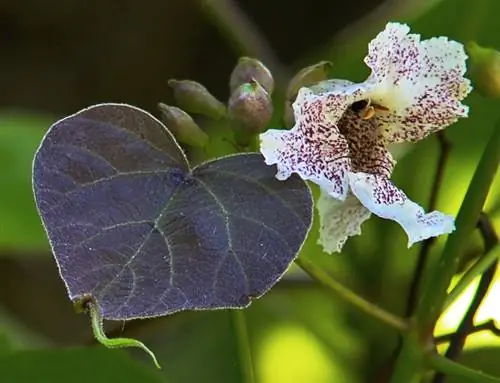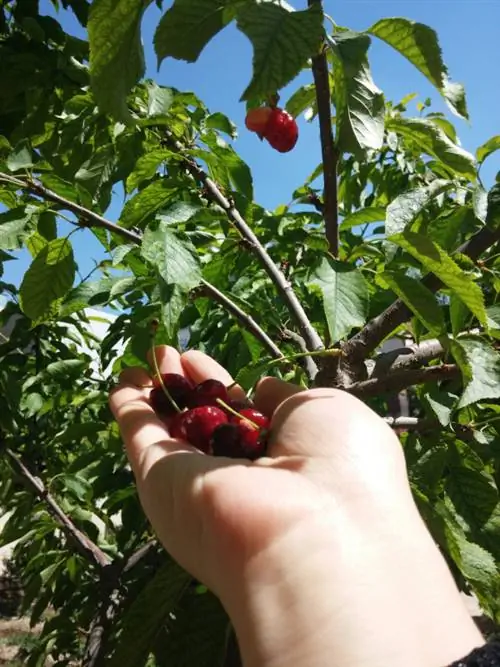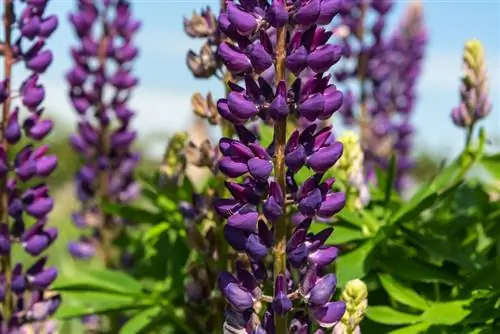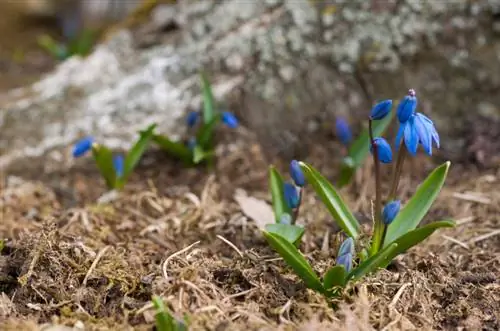- Author admin leonars@hobbygardeners.com.
- Public 2023-12-16 16:46.
- Last modified 2025-01-23 11:20.
In its North American homeland, the trumpet tree is a widespread ornamental tree because of its leaves and flowers and can be found in numerous gardens and public parks. However, all parts of Catalpa bignonioides, its botanical name, are considered poisonous to both humans and animals and are therefore not suitable for use in the kitchen or herb room.

Is the trumpet tree poisonous?
The trumpet tree (Catalpa bignonioides) is slightly poisonous because all parts of the plant except the seeds contain the mildly toxic compound catalpin. If contacted or consumed, this may cause stomach upset, abdominal pain or allergic reactions.
All parts of the trumpet tree are slightly poisonous
All parts of the trumpet tree except the seeds contain the mildly poisonous catalpin. However, this chemical compound not only causes stomach upset and stomach pain, but also keeps mosquitoes away quite reliably. The leaves in particular exude a smell that is barely perceptible to humans, which keeps the annoying pests at bay. Other slightly toxic components of wood and other tree parts are caffeic acid, ursolic acid and coumaric acid. In addition, quinoid compounds have been found primarily in wood, which can lead to allergic reactions (e.g. skin rashes). That's why you should always wear gloves when cutting the trumpet tree.
Don't confuse the trumpet tree with the angel's trumpet
Trumpet trees (Catalpa) and angel's trumpets (Brugmansia) are often used synonymously, but they are two completely different species - which also have very different levels of toxicity. While the North American trumpet tree is only slightly poisonous and only causes stomach pain or skin rashes, the angel's trumpet, which comes from the nightshade family, contains highly poisonous alkaloids. If consumed by small children or weak people, these can not only cause symptoms of poisoning but can even lead to death.
Tip
The bean-like, elongated fruits of the trumpet tree are also poisonous and are therefore not suitable for consumption.






